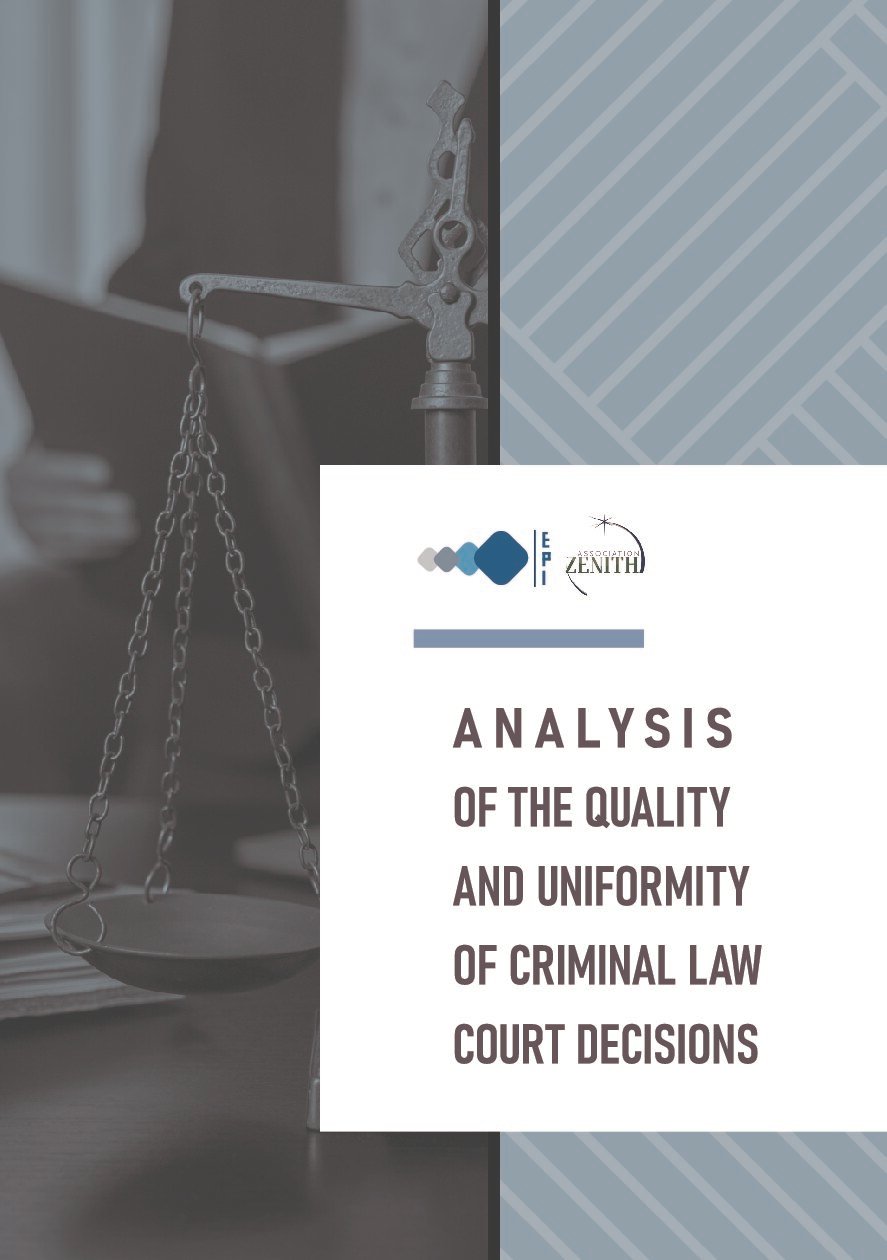According to the case-law of the European Court of Human Rights (ECtHR), the safeguards enshrined in Article 6 of the European Human Rights Convention (ECHR) include the obligation of courts to provide and produce appropriate and sufficient reasoning for their decisions. The right to reasoned decisions is a key aspect of the fair procedure, upon which the ECtHR case-law rests upon and this has been founded in a number of general principles under the EHCR, which thus protect the individual against arbitrary power of institutions.[1] Hence, court decisions are to necessarily state the reasons that are sufficient in order for a court decision to be founded on them, as well as to respond to the essential aspects raised by the parties to the procedure in their legal arguments. This right is not explicitly worded in the text of Article 6 of the Convention. However, this a procedural safeguard that offers essential guarantees for all substantive rights. Reasoned decisions demonstrate and assure the parties that their case has been heard, appropriately analysed, and processed. However, reasoned decisions also contribute to enhancing the public trust in the administration of justice, also ensuring a stable ground for the proper functioning of the rule of law principle. Reasoned court decisions are particularly important considering that they contribute to gaining the public trust in fair, objective, and transparent justice, these being the pillars of a democratic society. [2]
Although in pursuance with the principle of free evaluation of evidence[3] courts have a certain margin of appreciation in choosing the evidence and arguments upon which they base their decision, yet courts are obliged to clearly elaborate and indicate the reasons for their (non)application. Therefore, the provisions of Article 6 of the ECHR cannot be understood as obligatory, and the ECtHR also does not hold the position that this obligation requires a detailed argument for each individual submission or evidence in the procedure.[4] The depth and extent of the reasoning may vary depending on the type of decision, the type of the courts’ competences, but also this might vary on case-to-case bases. Hence, courts are to necessarily examine the main and key submissions of parties to the proceedings, affected both by the domestic substantive and procedural law and by the rights and freedoms guaranteed under the ECHR. The reasoning cannot be in any case be understood as recounting of the criminal law incident at hand, and of all activities undertaken in the procedure, for this would necessarily lead to extensively long court decisions. Therefore, the practice of certain courts to produce compilations of court reports/minutes of hearings held in preparation for the main hearing is quite wrong. As suggested by the ECtHR, it is necessary that court decisions are as consistent as possible and free of unnecessary details and academic explications.
Legal theory describes the reasoning as an explanation of legal principles and explanations of the transparency. In connection with procedures before courts of appeal, the reasoning must be in line with and ensure efficient application of the constitutionally guaranteed concept of the “right to appeal,”[5] which in theory is explained as functional orientation. Appeal courts may offer shorter reasoning than courts of original jurisdiction, but such reasons must address or rather take into consideration the main arguments submitted by parties to the proceedings.
Judicial decisions shall be drafted in an accessible, simple, and clear language. Judges shall issue reasoned decisions, pronounced in public within a reasonable time, based on fair and public hearing.[6] Judges shall use appropriate case management methods. In pursuance with the ECtHR case-law, the reasoning must contain a specific and explicit reply to key importance arguments, submissions and claims, which are decisive for the outcome of the proceedings, i.e., for the adoption of the court decision.[7] Therefore, the ECtHR has held that by ignoring a specific, pertinent and important point of the applicant in the reasoning of their decisions, the domestic courts fall short of their obligations under Article 6.[8] Reasoned court decisions respond to issues of decisive importance for the case (Mugoša v. Montenegro), they offer detailed explanation in cases in which the law lacks clarity (Milojević v. Serbia) and in cases in which the facts of the case are not clear or consistent (Hirvisaari v. Finland, Atanasovski v. Republic of North Macedonia), take due account of the specific features of the legal system (Taxquet v. Belgium), while requiring less detailed explanation by appellate courts, provided that decisions of courts of original jurisdiction are well reasoned (Garcia Ruiz v. Spain).[9]
[1] Case Roche v. the UK No. 32555/96, § 116, October 2005, ECtHR.
[2] Case Suominen v. France No. 37801/97, § 37, 1 July 2003; Tatishvili v. Russia No. 1509/02, § 58, January 2007, ECtHR.
[3] Article 16 of the Law on Criminal Procedure.
[4] Case Van de Hurk v. the Netherlands, § 61, no. 16034/90; 19 April 1994, ECtHR.
[5] Case Hadjianastassiou v. Greece No. 12945/87, 16 December 1992, ECtHR.
[6] Magna Carta of Judges, Fundamental Principles, Strasbourg, November 2010.
[7] Case Boldea v. Romania, § 30, No. 19997/02, 15 February 2007 г.; Case Moreira Ferreira v. Portugal, § 84, No. 19867/12, 11 July 2017; Case Papon v. France No. 54210/00, 25 July 2002.; Case Hadjianastassiou v. Greece, No. 12945/87, 16 December 1992, ECtHR.
[8] Case Nechiporuk and Yonkalo v. Ukraine, § 280, No. 42310/04, 21 April 2011 г.; Case Rostomashvili v. Georgia, § 59, No. 13185/07, 8 November 2018, Case Zhang v. Ukraine, § 73, No. 6970/15, 13 November 2018, ECtHR.
[9] Мирјана Лазарова Трајковска, „Правна аргументација и образложение на пресудите“, Скопје, ноември 2019 г. (Mirjana Lazarova Trajkovska, Legal arguments and reasoning of judgments, Skopje, November 2019)

